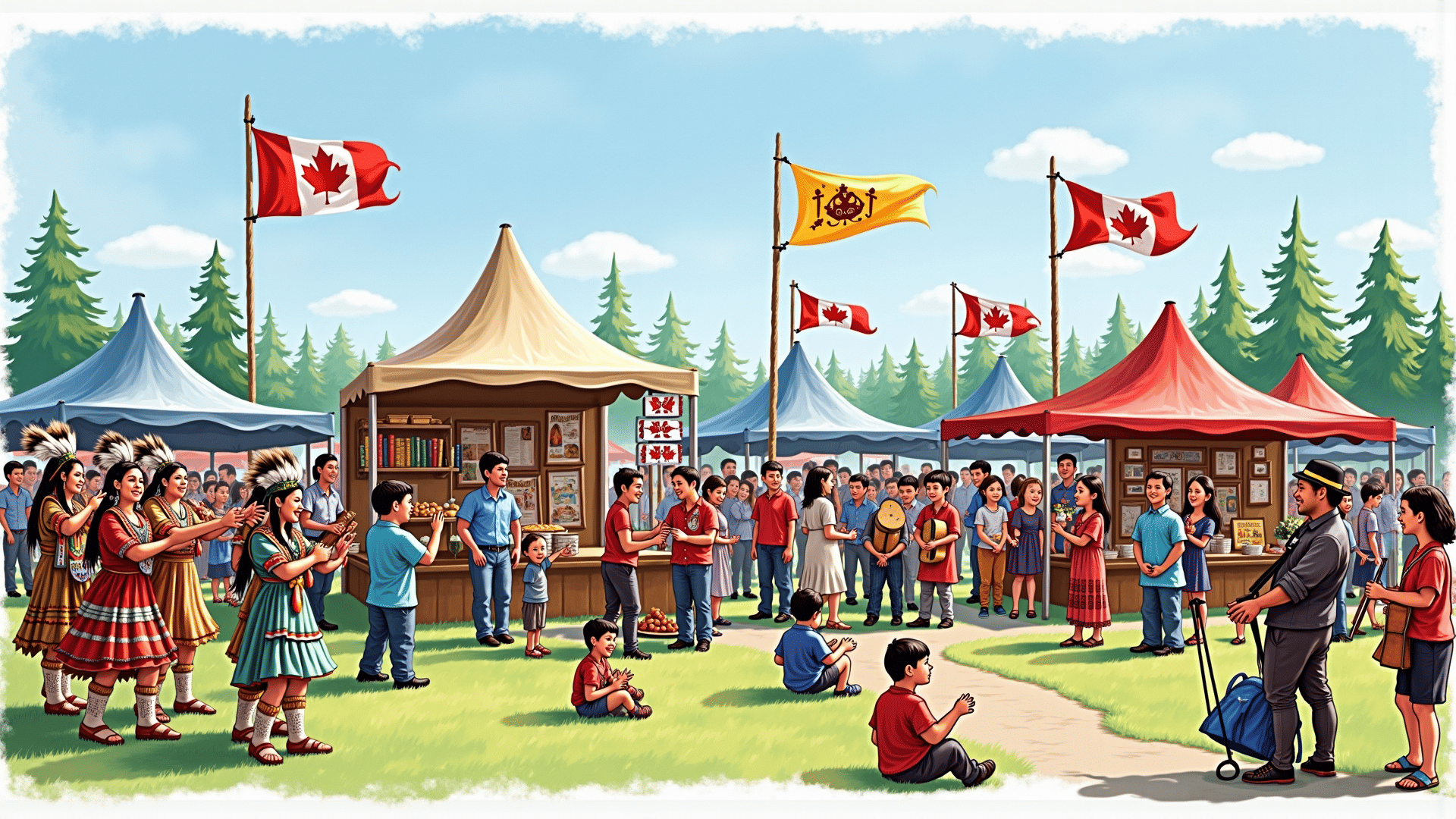Canada is renowned for its vibrant cultural mosaic and the significant role this plays in shaping its educational landscape. The interweaving of diverse traditions contributes to a rich tapestry that has profound implications for learning and knowledge sharing across the nation.
At the heart of Canada's cultural heritage is a commitment to multiculturalism. This policy encourages the preservation and celebration of various cultural identities, which, in turn, enriches educational experiences for students at all levels. In classrooms from coast to coast, this diversity introduces students to a broad spectrum of perspectives and histories, fostering a learning environment that values inclusivity and understanding.
The influence of Indigenous cultures is particularly pivotal within Canadian education. Indigenous languages, traditions, and knowledge systems are increasingly being integrated into school curricula, promoting a more holistic understanding of the nation's history and cultural diversity. Initiatives that emphasize Indigenous perspectives contribute to reconciliation efforts and ensure that students appreciate the depth and vibrancy of these foundational cultures.
Canada’s artistic heritage also plays a critical role in education. With a rich tradition in visual arts, music, and literature, Canadian culture inspires students to engage creatively and critically with their learning. Programs in schools often incorporate artistic expression as a means to explore and understand cultural identity and history. For example, literature circles may include works by prominent Canadian authors that reflect the country's cultural diversity, while music classes might explore both traditional Indigenous music and the contributions of diverse immigrant communities.
In a broader sense, Canada's dedication to bilingualism further demonstrates the connection between cultural heritage and education. The promotion of both English and French as official languages ensures that students are equipped with the linguistic skills to engage with a wider world, while also celebrating the nation's francophone heritage. This policy not only broadens students' communication abilities but also exposes them to different cultural traditions and viewpoints.
Cultural festivals and events across Canada serve as vibrant extensions of this multicultural education. From art festivals to heritage days, these events allow students to experience cultural expressions firsthand. These immersive opportunities provide a dynamic complementary educational experience, helping to bridge classroom learning with real-world cultural practices.
In summary, the interplay between Canada's cultural heritage and its educational systems creates a rich environment that encourages diversity, creativity, and critical thinking. By embracing a wide range of cultural influences, Canada’s educational institutions equip students with a nuanced appreciation for the world around them, nurturing a society that values diversity and inclusivity as cornerstones of its collective identity.
